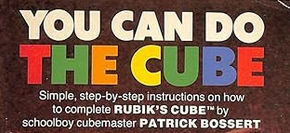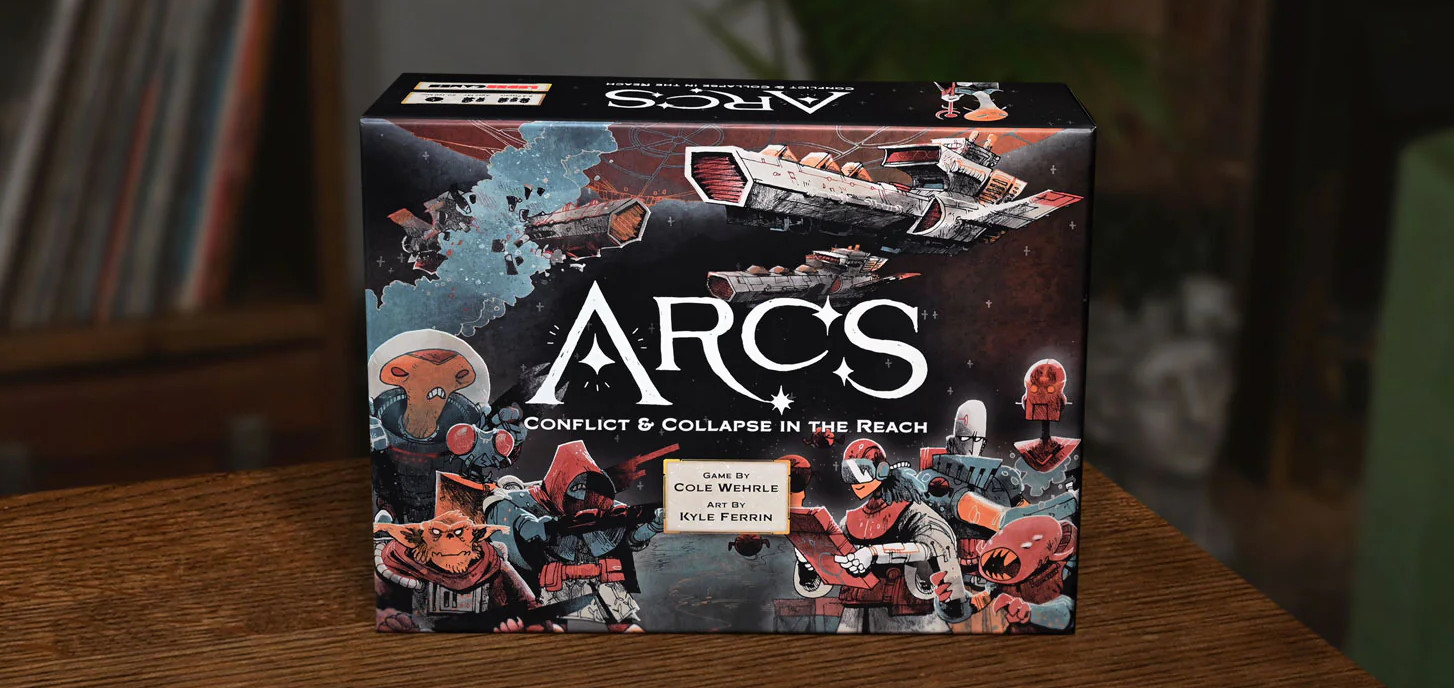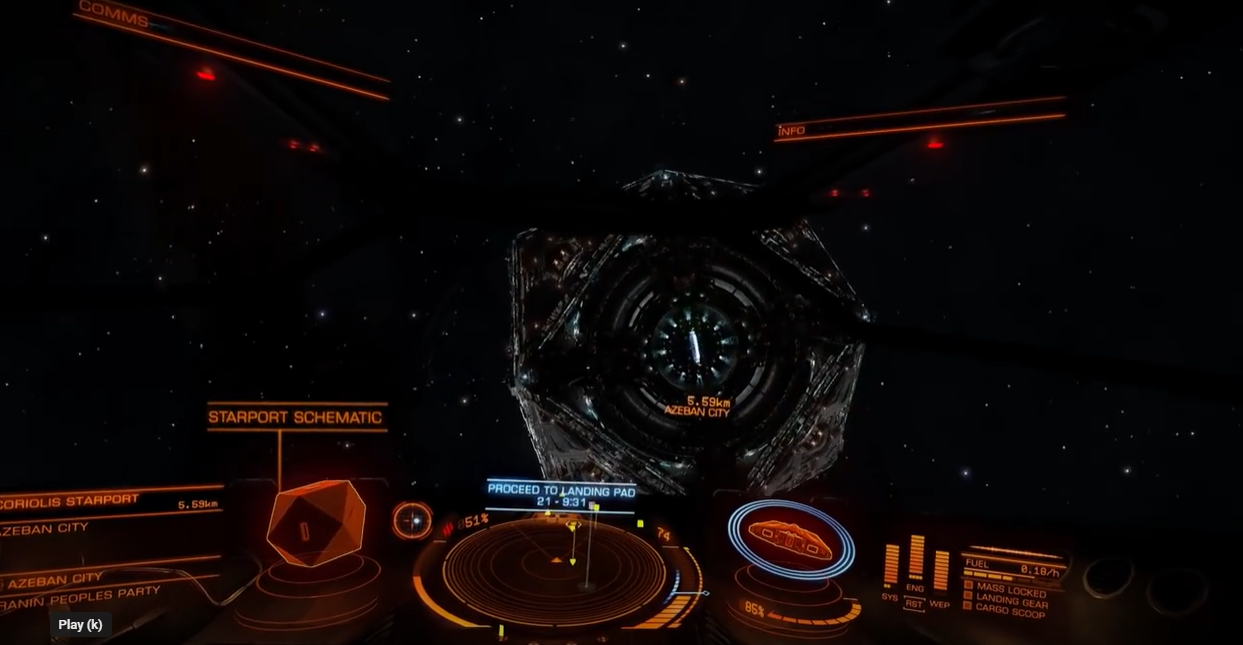
I Can (Still) Do The Cube: revisiting Rubik's classic puzzle
When I was a child in the 1980s, I had a Rubik’s Cube and a copy of Patrick Bossert’s book “You Can Do The Cube” - and carefully following the instructions, it indeed turned out that I could. So when we recently found ourselves with a Cube keyring, I wondered if I’d be able to do it again. An old copy of Bossert’s book was easy to find. Then, when I found that the quality of a mini Cube attached to a keyring isn’t always the best (any frustration should come from the solver, not the Cube itself, getting stuck!), I got a traditional full-sized model again. (Not a smartcube with Bluetooth, nor one with built-in magnets to help turns click exactly into place, which I learn are options now.) Of course, the method still works. And once I was satisfied I still had a way to solve the Cube, I took a look around to see what other options are out there and how cubing has developed in the past 40 years… ...

Arcs: a spacefaring strategy game
I played the new Carl Wehrle boardgame “Arcs” for the first time last weekend: directing fleets of spaceships, building cities, levying taxes, exerting influence and securing guild support for special abilities (having seen how cool some of those were, I should have done more of that…) ...

Elite and the volunteer emergency services
I played spacefaring game “Elite” when I was younger - both on the BBC Micro and the ZX Spectrum (where the fiddly “Lenslok” copy protection forced you to use a plastic lens which came in the box to - if you were lucky - unscramble and enter a code displayed on the screen during the loading process). ...

Constellations - plays branching and switching - and fragmentary Tolkien
I’d heard great things about, but never got to see, Nick Payne’s two-hander play “Constellations” featuring a cosmologist, a bee-keeper, and branching scenes to show the many alternative ways their story could have gone. (The Guardian explains more in its review of the original production.) So I was excited to see it appear for streaming on National Theatre at Home, with Anna Maxwell Martin and Chris O’Dowd… ...

The tricky Round Britain Quiz
I continue to be in awe of the panellists in “Round Britain Quiz” on Radio 4 as I catch up on the new series - fluently pulling out pieces of obscure “general” knowledge and tracing the connections which the question-setter had woven together. (But if they are stumped, as sometimes happens, then the host mercifully - both to the panellists and the audience - gives hints and nudges - at the cost of the points to be awarded at the end.) ...
Three types of ambiguity - jokes with footnotes [1]
Some jokes benefit from footnotes. That may not be true of these, but I’m going to provide them anyway. When I found in quick-ish succession a good psychology joke and a good philosophy joke, I thought of looking for a physiology joke to complete the PPP hat trick - but found that PPP has been replaced by PPL, so here we go… ...
Quizzes in the Goldilocks Zone
At the pub quiz - “What is a hyperbola?” Among those of us around the table were three mathematicians, wondering what definition they were looking for… ...
Two musical Easter eggs - with unicorns, artists, and heavenly dancers
A couple of recent opportunities to feel (perhaps unreasonably) pleased with myself for spotting some musical homages and quotations, but in case they might amuse… ...
The pub quiz 'Play Your Cards Right' jackpot meets Monte Carlo analysis
Our semi-regular pub quiz ends with the jackpot round - one team competes in a luck-driven “higher/lower” card game to win a jackpot (currently c.£500), and if they lose, some more money is added to the jackpot for the following week. I’d never seen anyone win the jackpot - so was curious to work out what the chances actually are and what the optimal strategy (to the extent that there is strategy beyond the obvious) is. The cards are dealt without replacing them in the deck, so the probabilities vary during the game, making it trickier to explicitly calculate the probability of winning. But it is relatively simple to estimate using Monte Carlo simulation - running multiple simulated games, counting the wins, and using that to estimate the win probabilities when applying various strategies. ...
Scrabble: not a game of language?
“Scrabble isn’t a word game. It’s an area-control game with 150,000 rules to define legal placement for your resources. Some of those rules have mnemonics in the form of words you know.” The origin of this fair description of Scrabble is traced in a recent Hacker News discussion of the game, prompted by Oliver Roeder’s 2022 article On the Insanity of Being a Scrabble Enthusiast. ...